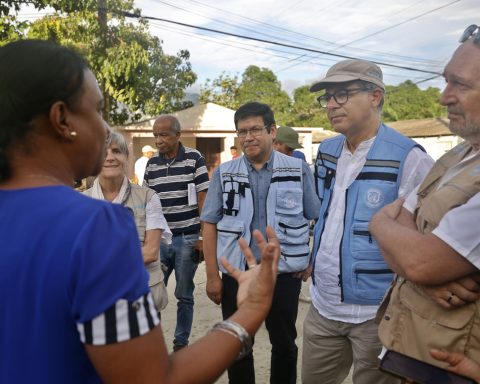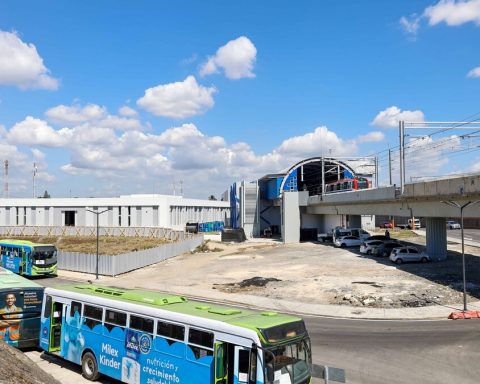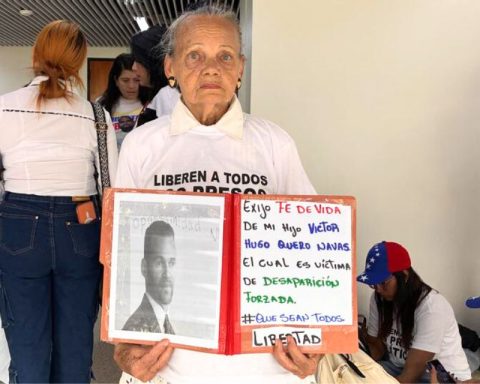Cuba once again delayed the date of the Population and Housing Censusnow for 2025, according to official sources.
Initially, the census was scheduled for September 2022, but the Cuban government later decided to postpone it to this year due to the complex economic situation in the country.
However, given the sustained crisis on the island, aggravated by the current difficulties with the fuel supply, the authorities have opted for a new postponement.
“There is already a proposal to carry out the census in the first quarter of 2025. That is the official date so far,” Diego Enrique González, director of the Center for Population and Development Studies (CEPDE) of Cuba, confirmed this Friday at a press conference. .
“When we started the year, the plan was to carry it out before the end of 2023, but already in March, at a meeting of the National Census Commission, an in-depth analysis of the current situation and the real possibilities we had was made,” González explained to a question from OnCuba.
So, according to the expert, “a budget was approved to be able to carry out a prior registration or pre-census this year, which involves visiting all the homes in the country, taking the name of the reference person for the interview and geolocating the home and other infrastructures, and then carry out a census test”.
However, he noted, after that meeting “the limitations we now have with fuel began” and the plan had to be changed again.
“The census requires a lot of land travel, which entails the availability of transportation equipment and fuel that the country does not have at this time,” explained the director of CEPDE.
For this reason, he said, the new proposal postpones its implementation for another two years, although the idea is from this same 2023 “to advance in all the tasks and activities that can be done.”
The specialist explained that “the census is a complex and very expensive operation, it is recognized as the statistical operation carried out by countries. It must be carried out as a team, because it involves not only statistical specialists, but a good part of society, and it requires many resources, material support”.
For his part, Juan Carlos Alfonso, deputy head of the National Office of Statistics and Information (ONEI), assured OnCuba that although “at the moment the census is postponed for economic reasons, we are going to do it, because it is very important for the measurement of all the demographic indicators of the country.”
Regarding its realization, he explained that “the houses will not be reached with a paper questionnaire, but with a mobile capture device” and considered that a large part of its possible success lies in having “the greatest availability” of this equipment. when it is to be done.
In this sense, he highlighted the donations received from nations like Mexico and international organizations such as the United Nations Population Fund, Unicef and the European Union, Unicef. He also advanced the possibility of new donations that reinforce the technical base necessary for this operation that “reaches the entire country.”
At the press conference this Friday, it also emerged that at the end of 2022 the Cuban population amounted to 11,089,511 people, which confirms the population decrease that the island has been experiencing for several years.
The number is even lower (11,082,964) at the end of March, according to official estimates, even though these estimates do not include people who have left the country —and have even entered the United States irregularly—, but legally continue to being residents on the island.
As reported by specialists, projections indicate that by the end of 2025 the Cuban population will drop below 11 million inhabitants and 17 years later it will fall below 10 million.
Meanwhile, population aging (people aged 60 and over with respect to the total number of inhabitants), which at the end of 2022 stood at 22.3%, should grow to 25.2 at the end of 2025, up to 32.9% ten years later, and up to 35.8% in 2055.














